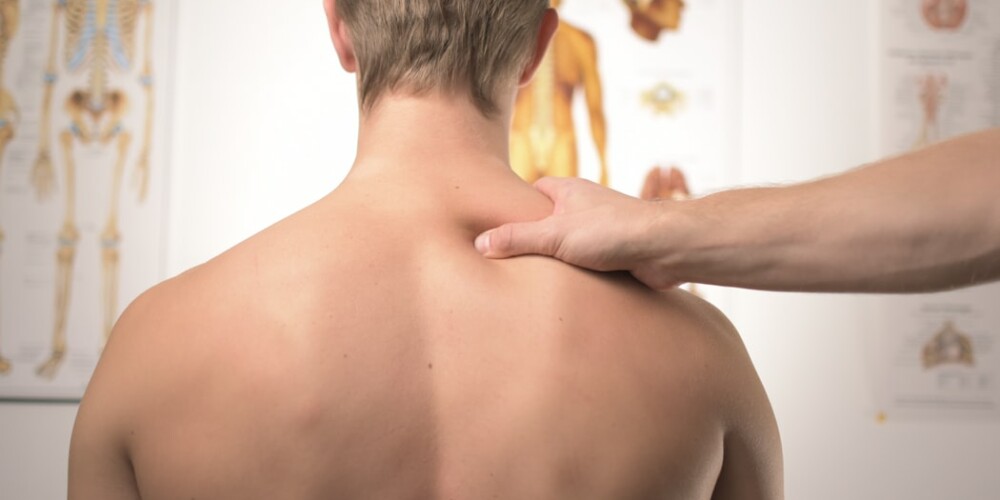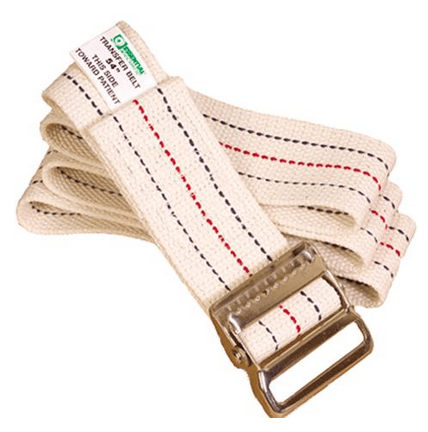If you’ve been on the internet at all over the past year, you have absolutely seen an advertisement for massage guns. They come with some high promises about breaking up knots and getting in deeper than even massage therapists, but can they back this up and are they worth the price tag?
On the purely scientific end, I unfortunately have to say the hype is hype. Now, to clarify I am absolutely not saying that massage guns do not gain a positive effect or that they can’t make you feel good. They absolutely can! They just are no superior to massage tools like Graston, foam rollers, or massage therapists, and their advertisements are built on a bit of a faulty premise.
The Research
Research into the mechanisms of manual therapies like massage is difficult for a variety of reasons. However, the biggest is that we cannot cut you open, sew you back up, massage you, and then cut you back open to see the difference. Because of this, our explanations on the exact mechanisms of massage and manual therapy has been clouded by hypotheses and assumptions rather than research based understanding which is just finally reaching fruition.
The old though was that we were literally breaking up tissues underneath the surface of your skin to create the relaxed and loosening effect. A lot of our explanations were based off this idea that we were mechanically changing your fascia and muscles. It’s high time we admit what the research has shown us: we were wrong.
Results
Massage and manual therapy does still have great results in relaxing tissue! But it turns out that we aren’t actually doing this mechanically, that relaxation actually seems to be a neuromuscular response to constant pressure stimulus! We actually see this in non-traumatic muscle injuries all the time, but in reverse.
We often do not see any structural change in the tissue that is in pain. But the pain is very real and the result of repetitive excessive loads signaling local nerves and the brain to disallow movement for protection’s sake because it detects that input of load as noxious or bad. Massage does the reverse! It utilizes neuromuscular adaptation to load to INCREASE movement and decrease sensitized pain through pleasant stimuli! This is actually great news because it means we now get to throw out some older concepts like the idea that a painful massage is somehow a better massage, or that bruising someone with a tool is a sign you’ve done a better job.
In fact, we’ve learned that different people find different levels of pressure pleasant and relaxing. Also, individually tailoring our therapies is far better at eliciting a response than just going deeper and heavier all the time. So, some people may do better with a soft roller and pressure just leaning against the wall. While others may do better with a massage gun!
Massage Tools
So, should we even be buying tools at all then? Well, as you could probably guess, it depends!
For people who feel best with that constant stimulus, home therapies can be a great adjunct to pain control. Even if they’re not changing us mechanically! But, which tool is best for you will vary. People who enjoy direct constant pressure will probably do best with a lacrosse ball or something like a massage cane to help them easily and comfortably reach where they need. People who do best with sweeping techniques at light pressure should get a soft roller, and people who like firm sweeping should use a harder roller. Massage guns are perfect and ideal for people who prefer percussive massage (what we often picture when a massage therapist “karate chops” someone repetitively), which can be extremely hard to perform on yourself with other tools!
So should you get a massage gun? Well, that highly depends on what type of massage seems to make you feel best. But, if is percussive massage, you bet! But, if you already get good relief with another technique or tool, or you need something light to relieve and relax, this is probably not the tool for you. That’s perfectly okay because there’s no mechanical need to “dig deeper” during massage if that’s not what your body likes!
Not sure what works best for you? A massage or physical therapy treatment is probably the best place to start. You can talk to your therapist about your issues, ask them to try effleurage, petrissage, direct pressure, and percussive techniques to see what seems to be the most pleasant. From there they can help you pick the tool that is best for you!



